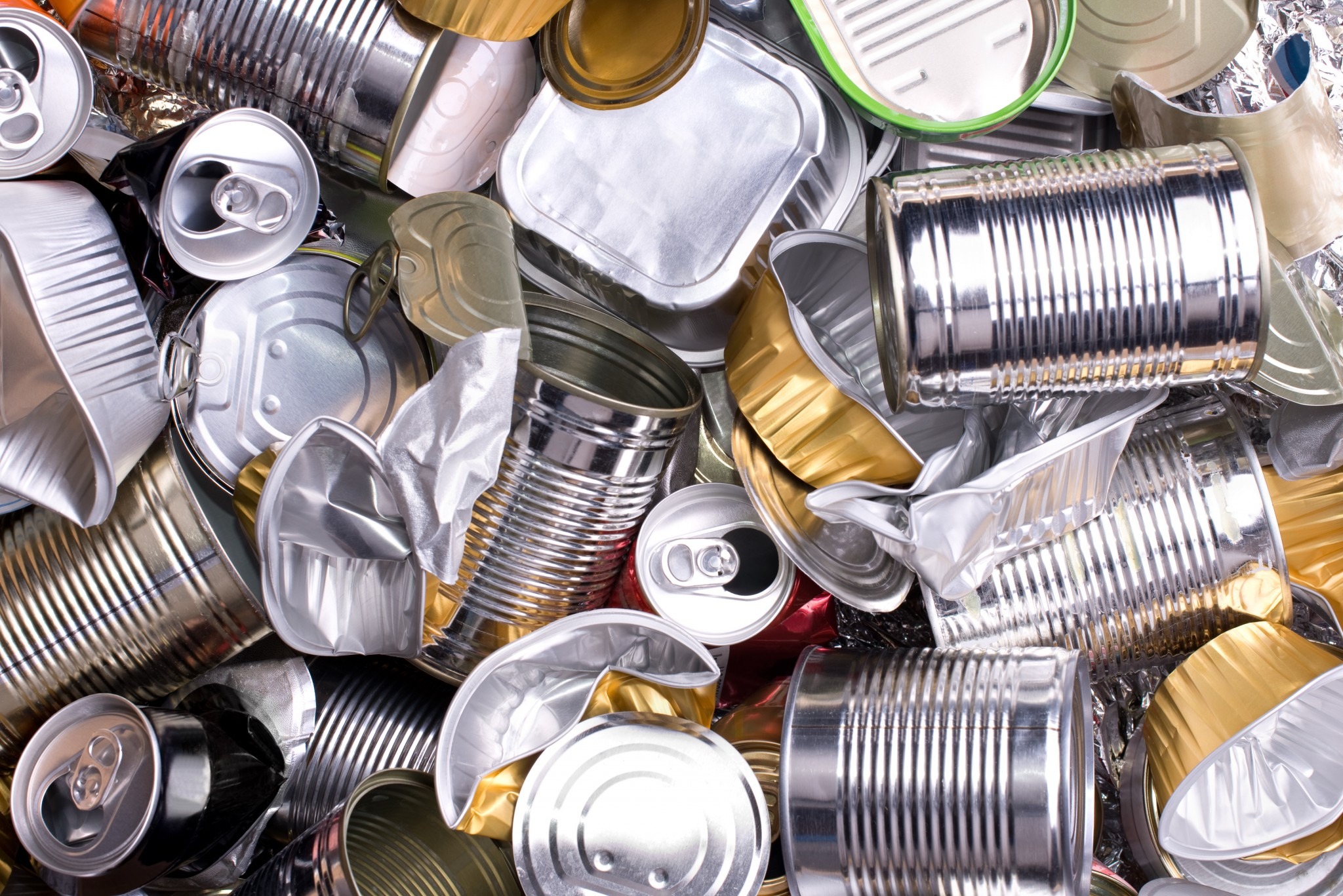Asked how to be more “green,” survey respondents placed recycling as the #2 best way:
They were wrong.
Impact of Recycling
During 2018, China changed its mind when it told the WTO (World Trade Organization) that it will no longer take 24 kinds of waste. The decision was a whopper. As the prime destination for the world’s recyclables, China made recycling easy.
Below, the plunging line illustrates China’s 2018 decision:

Without China, the cost of recycling soared. Cities that had been paid for their recyclables lost the revenue stream. Correspondingly, the chaos created by China’s departure elevated waste management firms’ expenses. As a result, they had to charge municipalities more. For Deltona, Florida, that meant an extra $25,000 a month. Other places burned the waste or transported it to landfills themselves. Some just stopped their collections.
Whatever the solution, though, unintended consequences were likely.
Our Bottom Line: Unintended Consequences
Recycling takes us into unsure territory. It is possible that a waste management firm could send the waste to developing countries like Malaysia or Indonesia. Then, they could dump it or repurpose it. Alternatively, in the U.S., a methane emitting landfill could be a final resting place or the waste could be burned. Commenting, one mayor said, “We all did recycling because it was easy, but the reality is that not much was actually being recycled.” Similarly, after the Memphis Airport stopped recycling, the recycling bins remained for recycling. Explaining, the airport said it wanted to retain the recycling habit… even if none of the items in bins would be recycled.
Because of the continuing impact of recycling, a 2019 map illustrates phenomena that still affect us:
 So, where are we? Maybe the airport representative said it all. We have retained the recycling norm without actually recycling. As #2 in our survey, it was the perfect example of feeling virtuous without really doing good.
So, where are we? Maybe the airport representative said it all. We have retained the recycling norm without actually recycling. As #2 in our survey, it was the perfect example of feeling virtuous without really doing good.
My sources and more: This Washington Post article inspired today’s post. Then, explaining the varied afterlife of recyclables, The Atlantic and the NY Times came in handy. Meanwhile, for more, in this econlife we looked at the environmental impact of meat.







